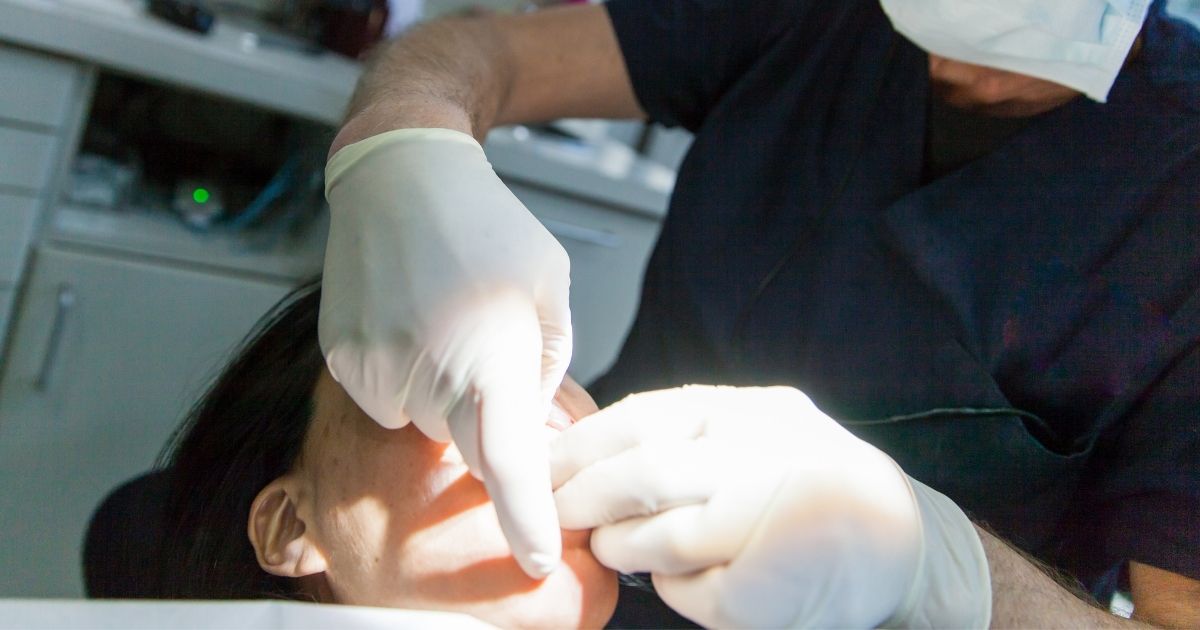What Are Reasons a Dentist May Lose Their License?
February 20, 2023
A dentist’s professional license is essential in order to operate a business and practice dentistry, and protecting that license is vital. Having a licensed revoked for a disciplinary infraction, or even imposed sanctions rather than revocation, can ruin a dentist’s career. However, when a complaint is filed, there are actions dentists can take to protect their license.
In each state, the rules of practice are determined by the Dental Practice Act and enforced by the State Board of Dentistry. Behaviors that violated regulations can put their professional license in jeopardy of revocation, the most common violations being:
- Standard of care violations: Dentists are expected to meet appropriate standards of care. Violations such as misdiagnosis, incompetent care, or gross negligence can result in loss of license.
- Unprofessional conduct: Professional violations such as mishandling or altering records, filing incorrect or fraudulent insurance claims, and false or misleading advertising can put a dentist’s license at risk.
- Mishandling prescriptions or drugs: Dentists who fail to keep accurate medication inventory or provide inappropriate prescriptions can lose their license.
- Substance abuse: One of the most common reasons dentists lose their license is untreated substance abuse. The licensing board typically offers addiction treatment as an alternative to revoking licenses, however, if the dentist refuses to attend treatment, then the license will be revoked.
- Criminal charges or arrest: The licensing board considers certain criminal offenses, such as driving under the influence, criminal charges, arrests, convictions, or failure to report an arrest, grounds for loss of license.
- Sexual misconduct: Conduct such as unwanted sexual advances, sexual abuse or assault, sexual harassment, or inappropriate relationships with employees or patients are all grounds for license revocation.
- Office practices: Incompetent practices such as inadequate record-keeping or overbilling patients can put a dentist’s license at risk for revocation.
Depending on the extent of the violation, the licensing board typically attempts to remedy or sanction dentists before outright revoking their license, such as license suspension, probation, fines, restitution, or public reprimand. Keep in mind that any disciplinary action from the licensing board can impact a dentist’s professional reputation negatively.
What Happens if a Complaint Is Filed?
Each state’s licensing board policies regarding disciplinary actions differ slightly, but the process operates in generally the same manner, such as:
- Complaint: Disciplinary proceedings almost always begin with a formal complaint reported to the licensing board by patients, staff, colleagues, health insurers, or health care entities.
- Investigation: Upon receipt of the complaint, the board will launch an investigation to determine the merits of the case, which typically include clarification from the complainant and the dentist’s response.
- Consent order: If the complaint is found to have merit, the board may offer a consent order as an alternative action to a hearing or direct punishment. Consent orders are agreements between the board and the dentist detailing an alternative course of action, typically in the form of sanctions or remediations.
- Hearing: If no consent order is utilized, the board will hold a formal complaint and hearing to determine what course of action is necessary. This is a legal proceeding, and dentists are permitted legal representation.
- Appeal: Dentists are entitled to appeal the board’s decision in the state appellate court, however, they rarely reverse the board’s decision and review the case only for errors.
The board may choose to dismiss the complaint at any point throughout the disciplinary process if they determine there is insufficient evidence or mitigating circumstances.
Philadelphia Disciplinary Action Lawyers at Sidney L. Gold & Associates, P.C. Represent Dentists During Licensing Disciplinary Proceedings
A complaint to the dental licensing board can put your professional license and business in jeopardy. If a formal complaint has been made against you, you need our experienced Philadelphia disciplinary action lawyers at Sidney L. Gold & Associates, P.C. on your side. Call us at 215-569-1999 or contact us online for a free consultation. Located in Philadelphia, we serve clients throughout Southeastern Pennsylvania, including Wilkes-Barre, Scranton, Northeast Philadelphia, Bucks County, Chester County, Delaware County, Lehigh County, and Montgomery County.




























